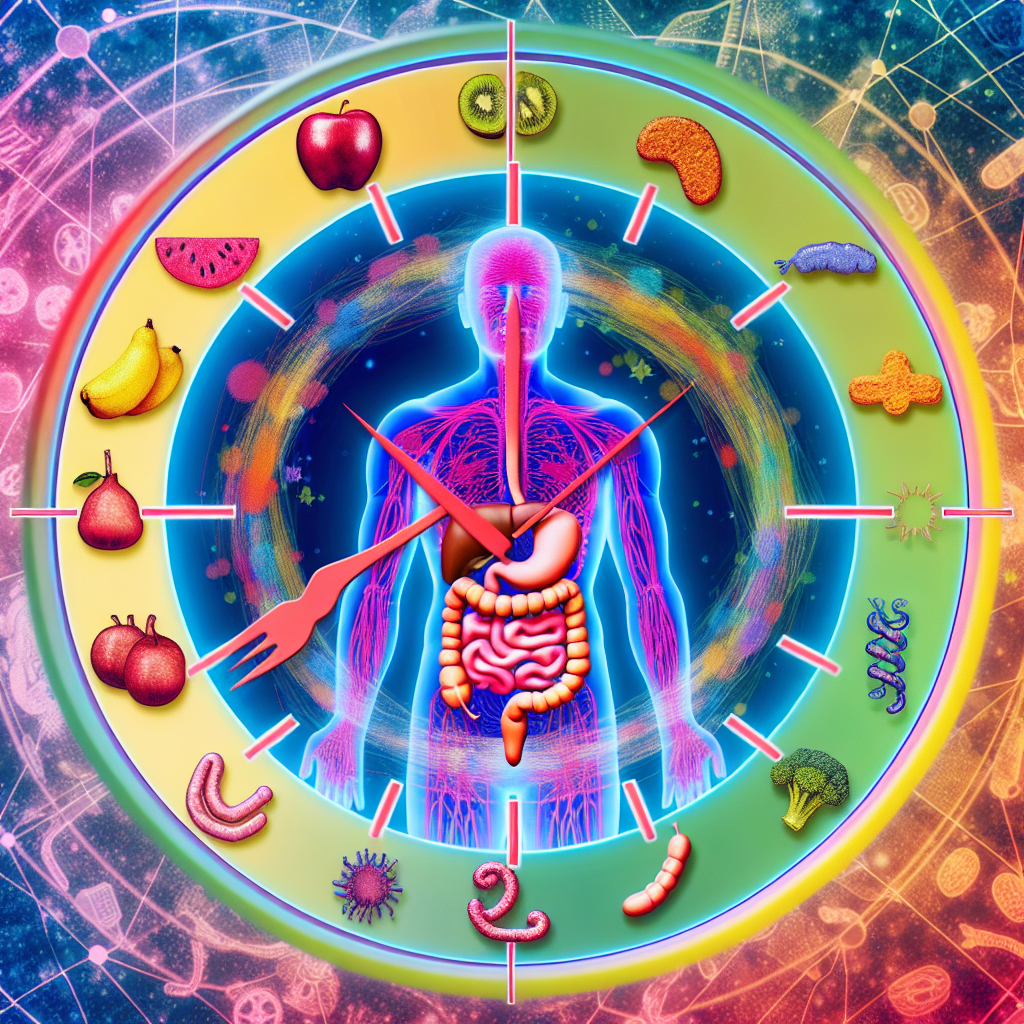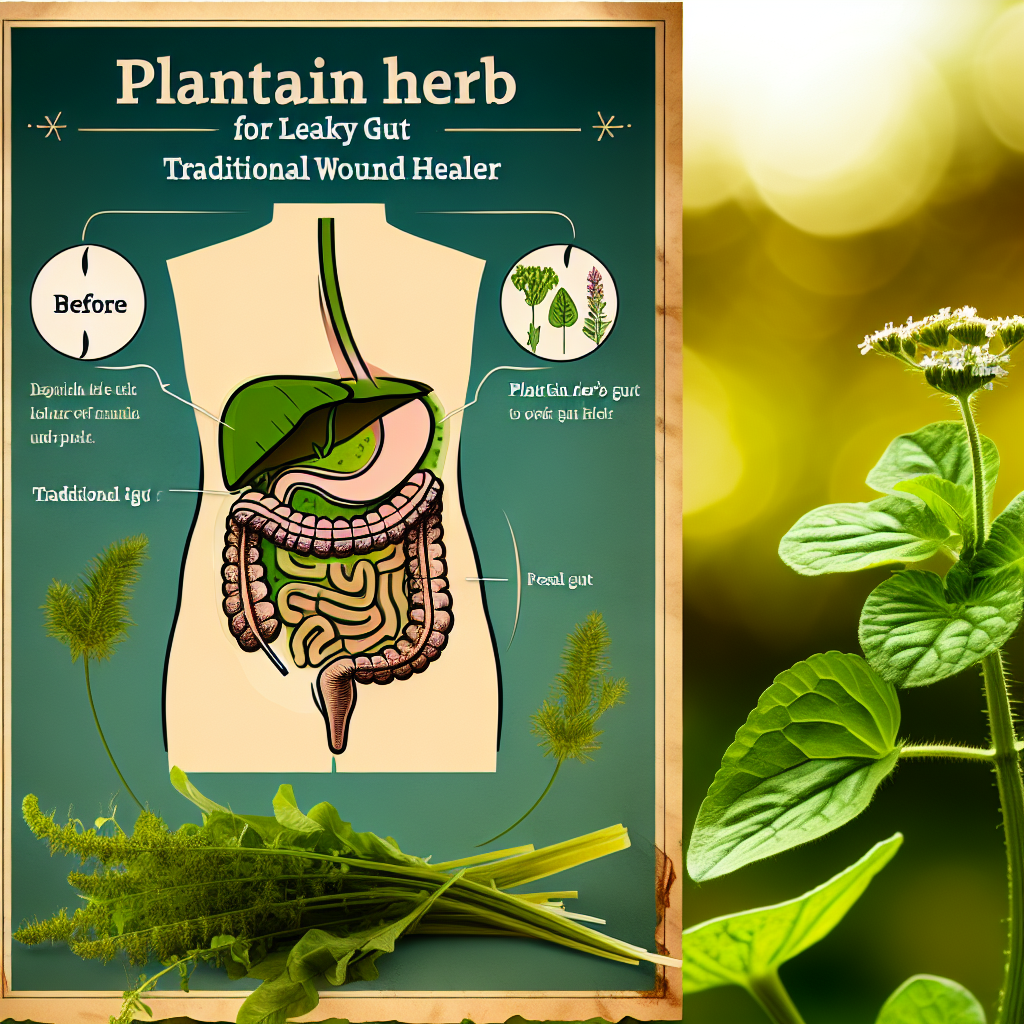After a meal, it’s important to remember to take a walk. This helps digestion. You can also drink apple cider vinegar. This fermented product contains bacteria that help break down food in your stomach. And since apple cider vinegar is acidic, it helps your digestion. It also aids in weight loss.
Banana
Bananas are an excellent choice for your mid-after-meal snack. The 100-calorie fruit is high in nutrients and can be eaten alone or with a cheese stick, peanut butter, or nuts. Bananas’ high-fiber and protein content helps keep you feeling full while satisfying your sweet tooth.
Bananas are very easy to digest. This is why they are often recommended to people with diarrhea or vomiting. They contain a lot of pectin, a soluble fiber that promotes regular bowel movements. Their high fiber content also helps you feel full and prevent bloating. In addition, bananas also contain prebiotics, which feed the healthy bacteria in the gut.
Ginger
Ginger is an anti-inflammatory and is an excellent natural remedy for digestive problems. It has been shown to soothe chest pain and bloating after meals and improve intestinal motility. It may also protect the gastric lining and decrease the amount of stomach acid that flows up the esophagus after a meal.
Ginger also helps with nausea and vomiting. In addition, ginger’s anti-inflammatory and antioxidant properties can help prevent nausea from cancer, surgery, chemotherapy, and morning sickness. Additionally, recent research suggests that ginger may aid with weight loss. Studies have been done in animals and humans and shown that ginger can help lose weight in overweight and obese people.
Taking a Walk after Eating
Taking a walk after a meal has several health benefits. Walking stimulates the digestive system and helps food pass through more quickly. It also helps prevent symptoms of constipation and irritable bowel syndrome. In addition, regular walking can improve the health of your heart and muscles.
The benefits of walking after a meal vary; some are more noticeable. While walking is an effective way to improve your digestion, it can also improve your sleep and blood sugar levels. While it is important to consider the intensity and length of your walk, regular walking after eating can be a great way to help your body digest food, improve your mood and help you sleep better at night.
Dietary Fiber
Including more fiber in your diet is an excellent way to improve your digestive health. Fiber is in fruits, vegetables, and whole grains and helps keep your bowel movements regular. People who follow a high-fiber diet report lower rates of constipation, hemorrhoids, and diverticula. But be aware that too much fiber can cause diarrhea, bloating, or loose stools.
Dietary fiber has benefits for the body. For example, it can reduce the risk of heart disease, cancer, and obesity. Dietary fiber is also rich in phytochemicals, which are essential for the health of your body.
Drinking Coke
Drinking Coke after eating may help digestion, but it has some drawbacks. The beverage is high in caffeine, which can cause diarrhea throughout the day, and the acidity is bad for the teeth. Additionally, no research supports the association between soda and improved digestion. Instead, it would be best to focus on foods high in fiber, such as legumes, peas, asparagus, leeks, and oats.
The sugar in cola cans may aid digestion and contribute to your risk of type 2 diabetes by 20%. In addition to that, sugar intake has been linked to high blood pressure, excess fat, and heart disease. Additionally, the carbonation of soda cans can cause burping. So it’s easy to see why people think drinking Coke after eating helps digestion, but it has the opposite effect.

Dominic E. is a passionate filmmaker navigating the exciting intersection of art and science. By day, he delves into the complexities of the human body as a full-time medical writer, meticulously translating intricate medical concepts into accessible and engaging narratives. By night, he explores the boundless realm of cinematic storytelling, crafting narratives that evoke emotion and challenge perspectives.
Film Student and Full-time Medical Writer for ContentVendor.com



